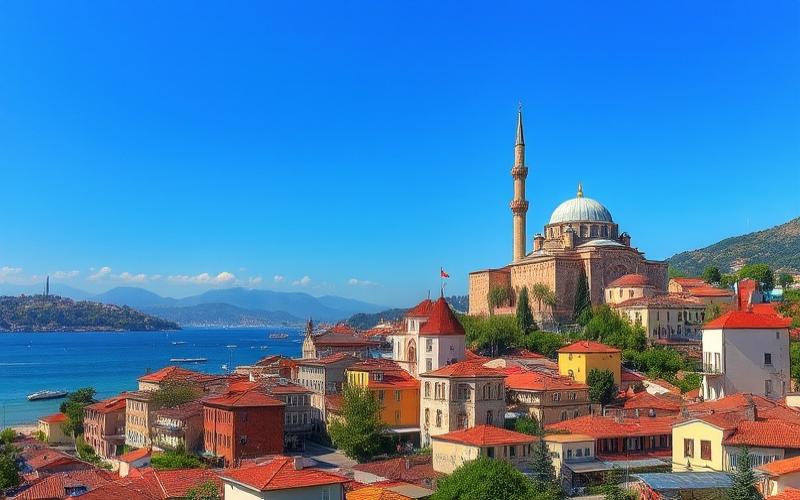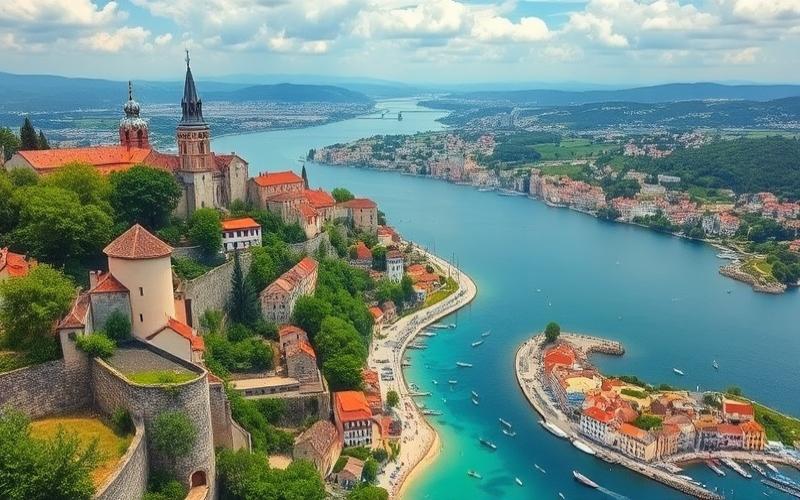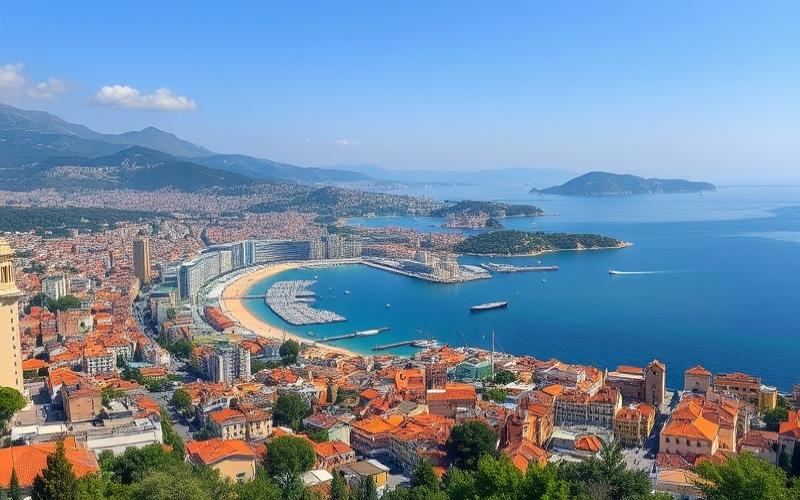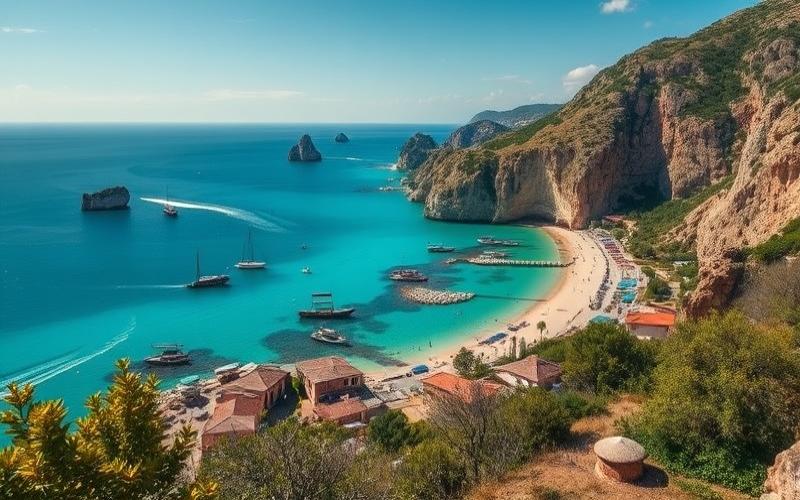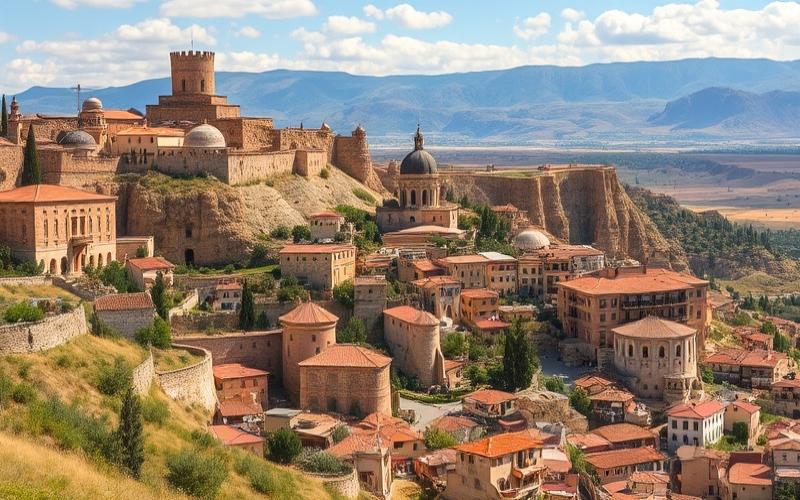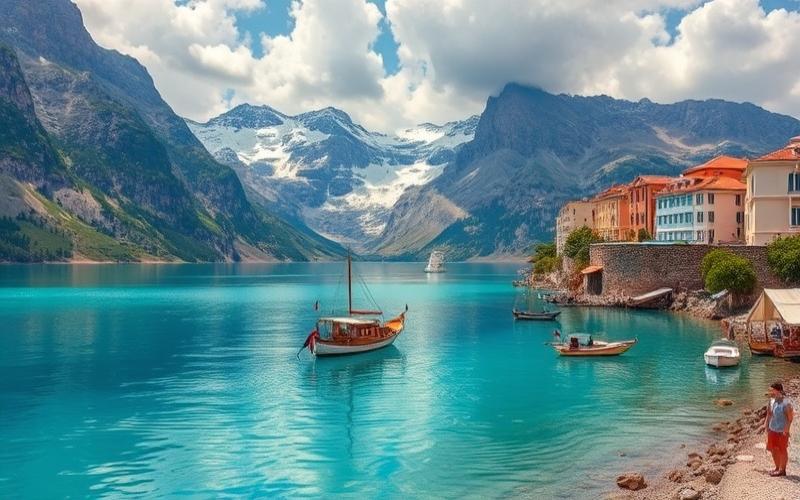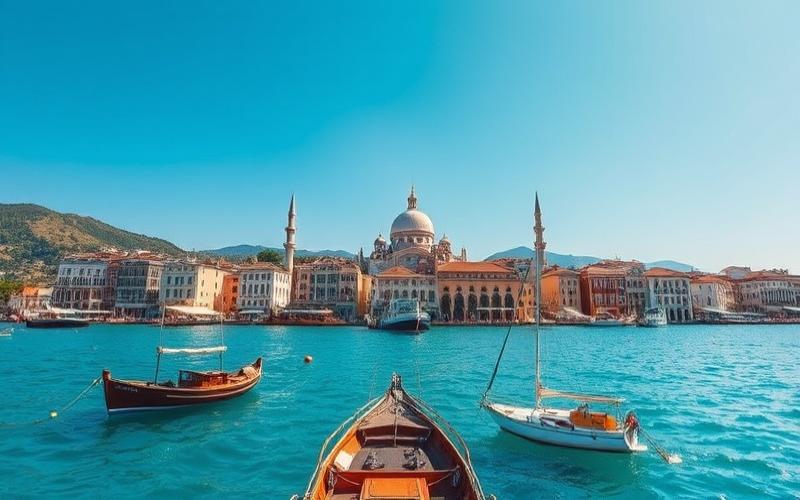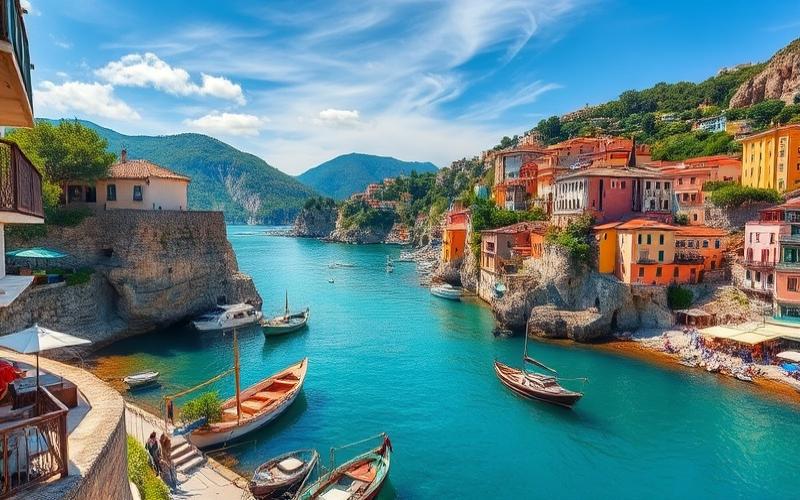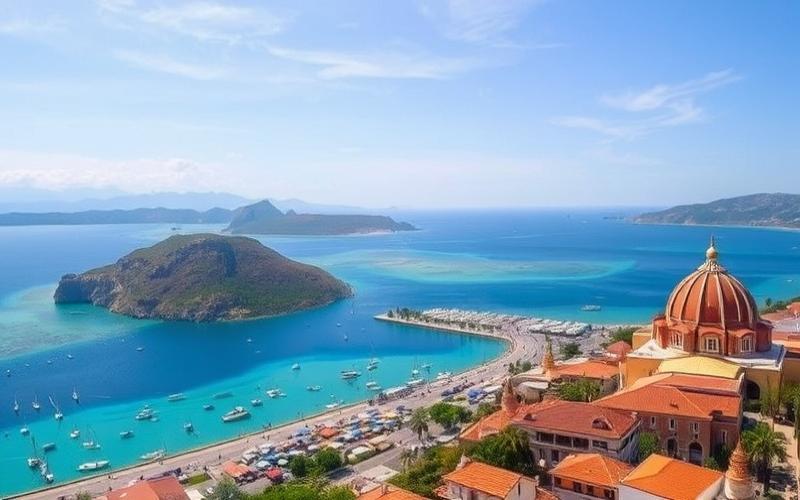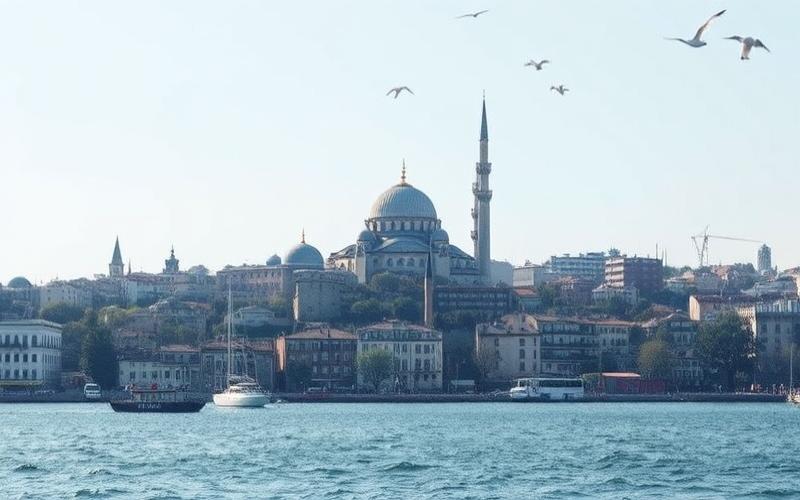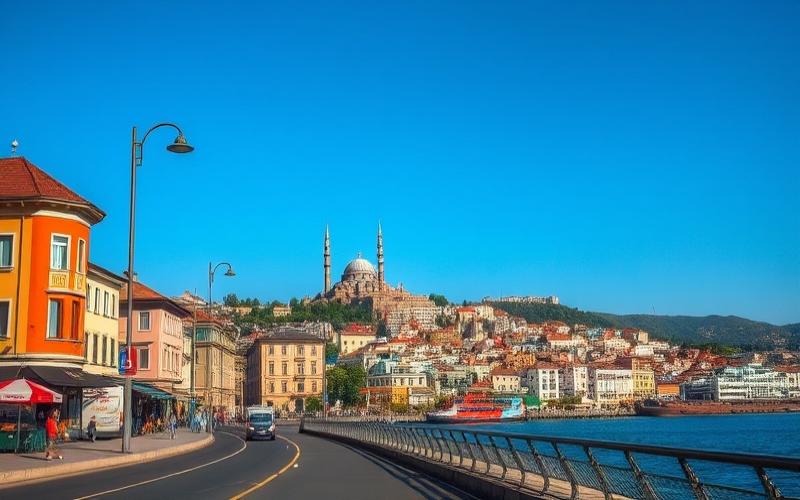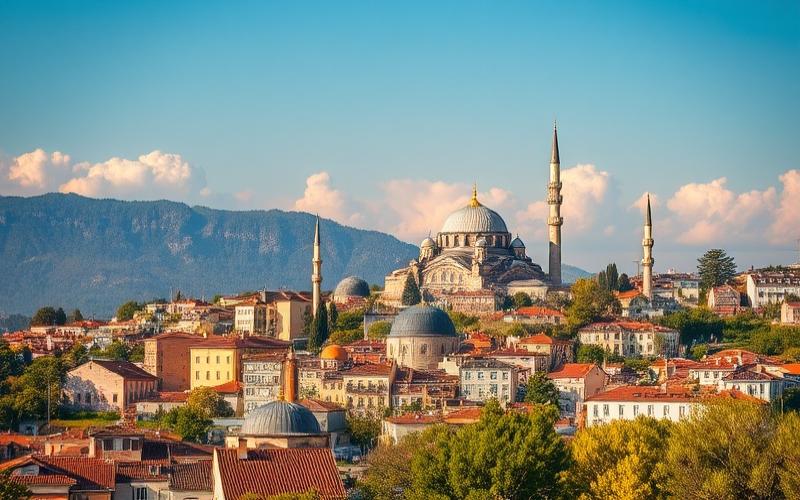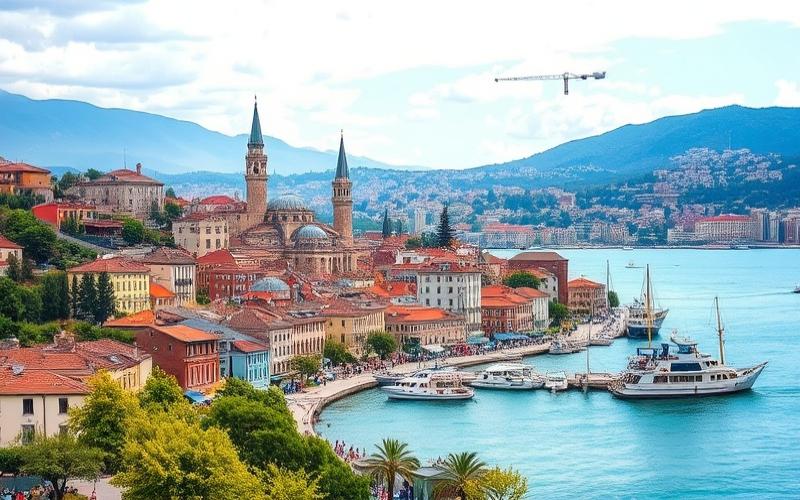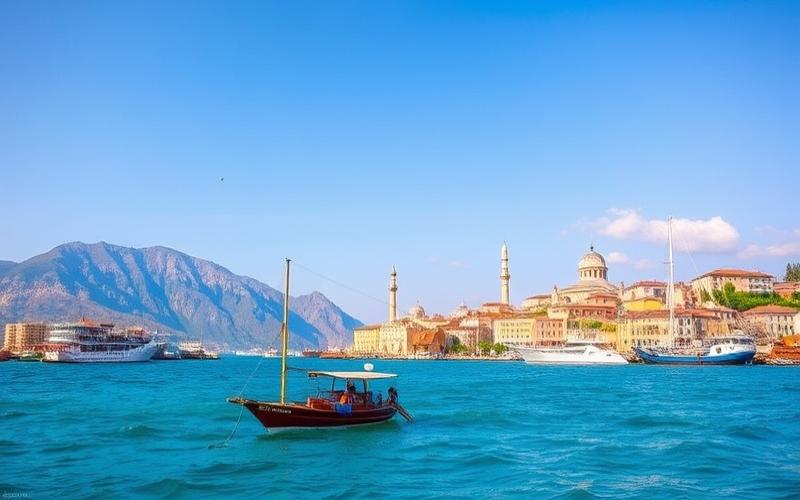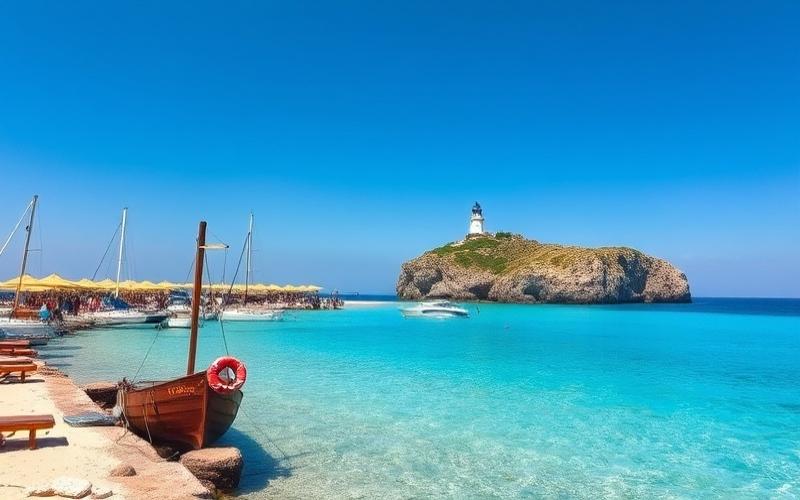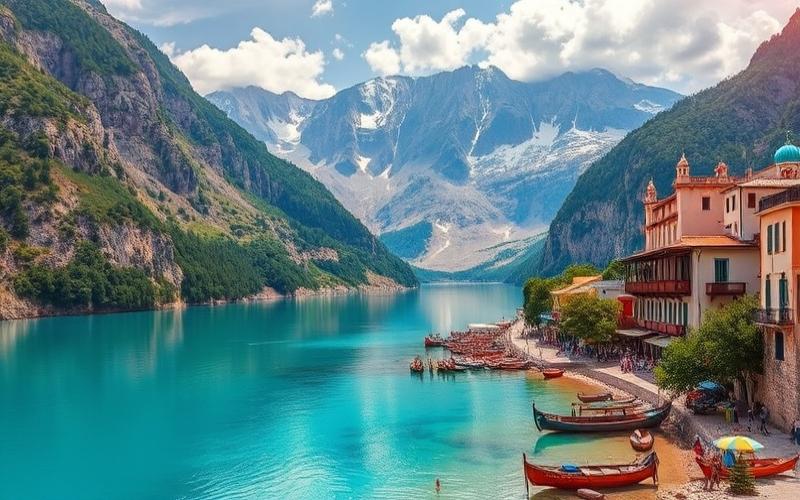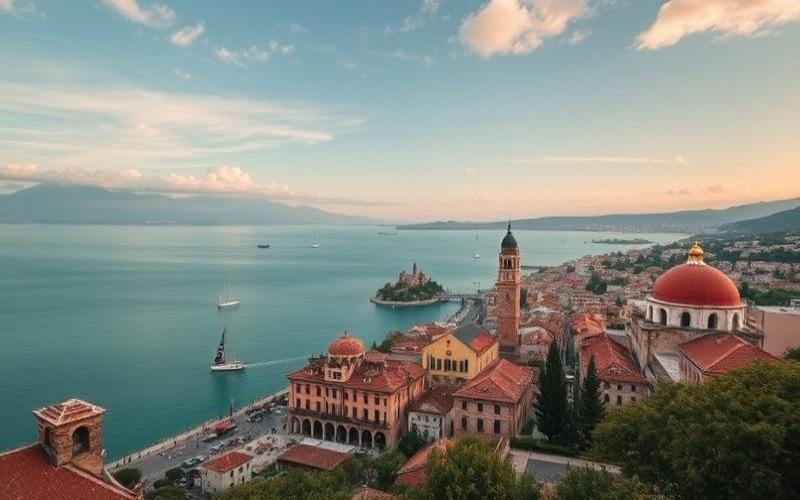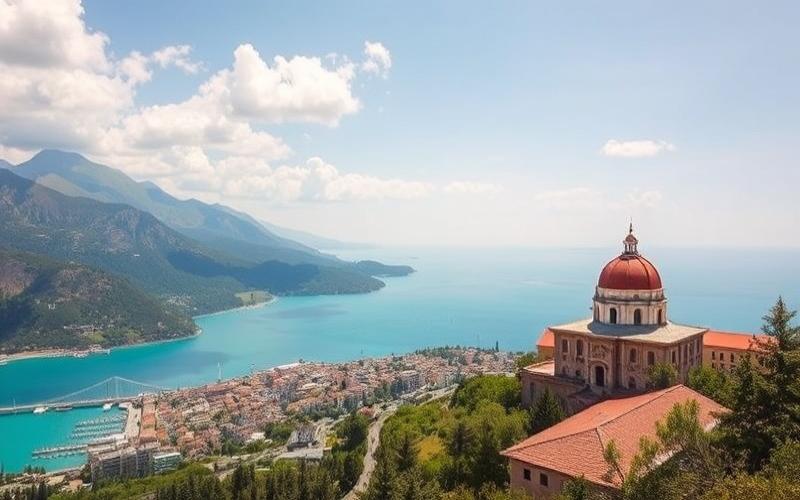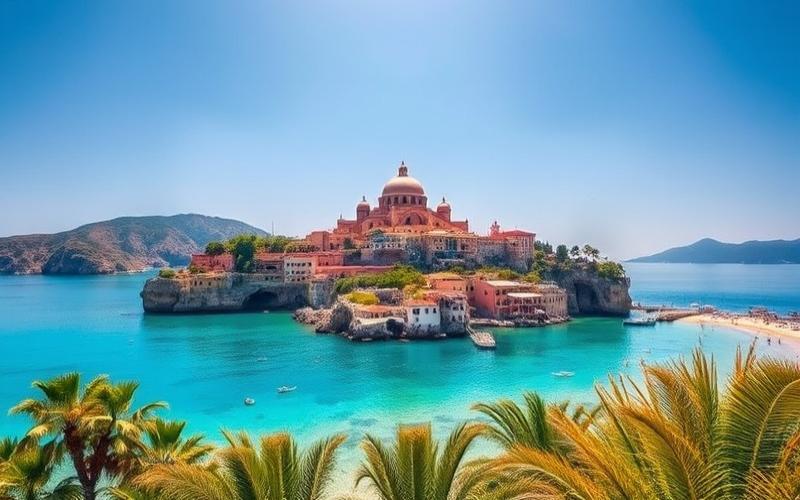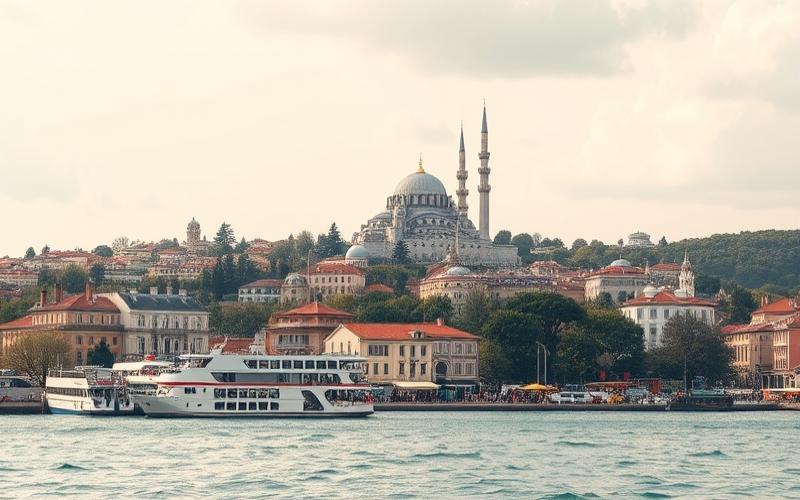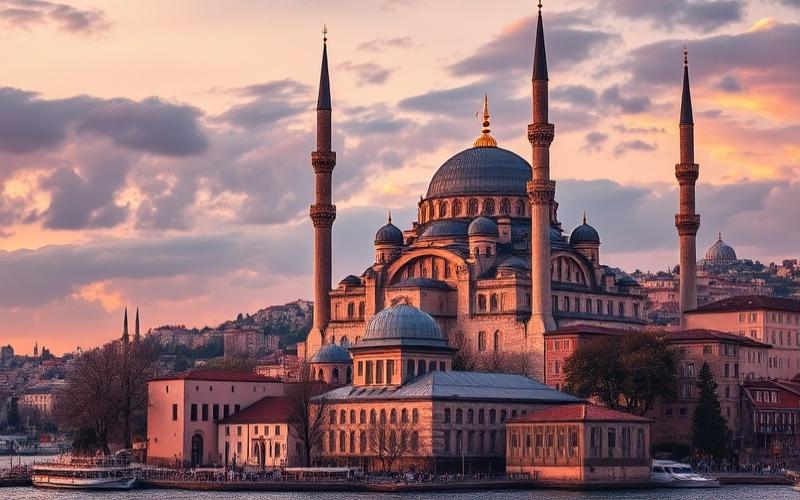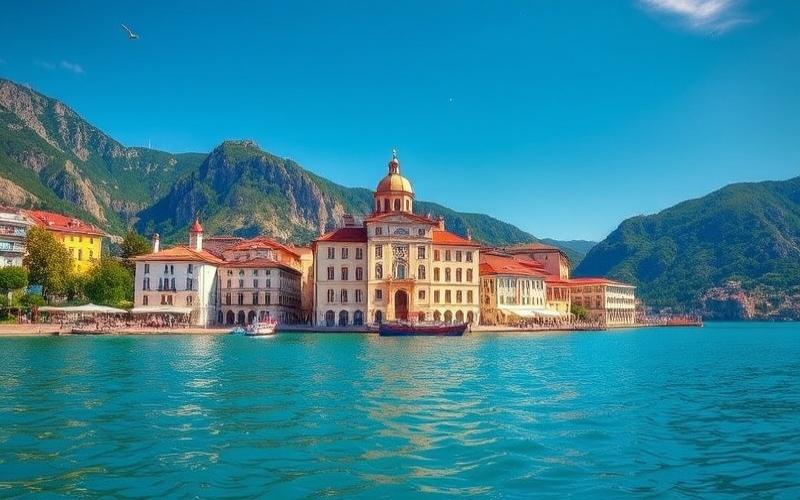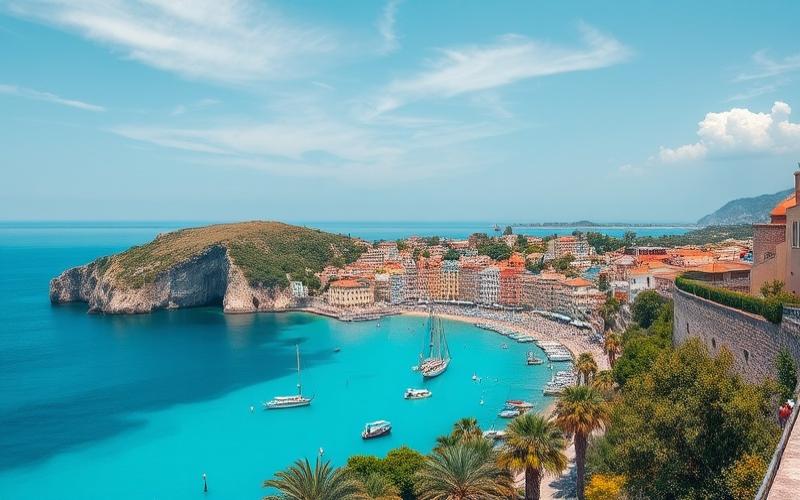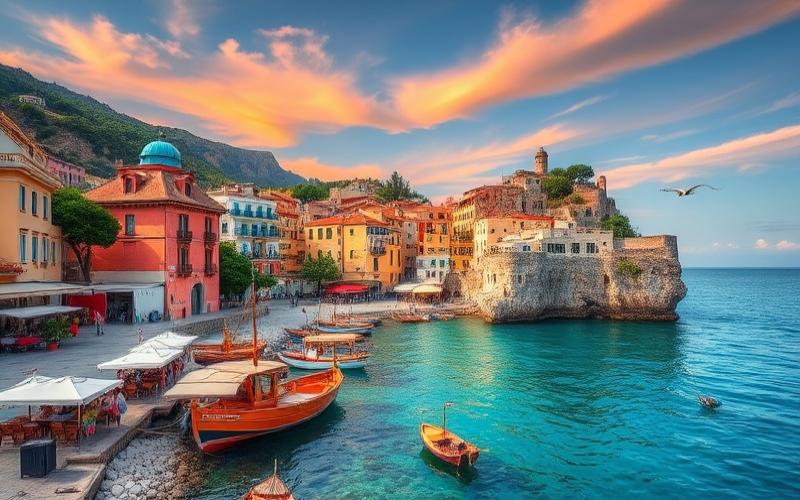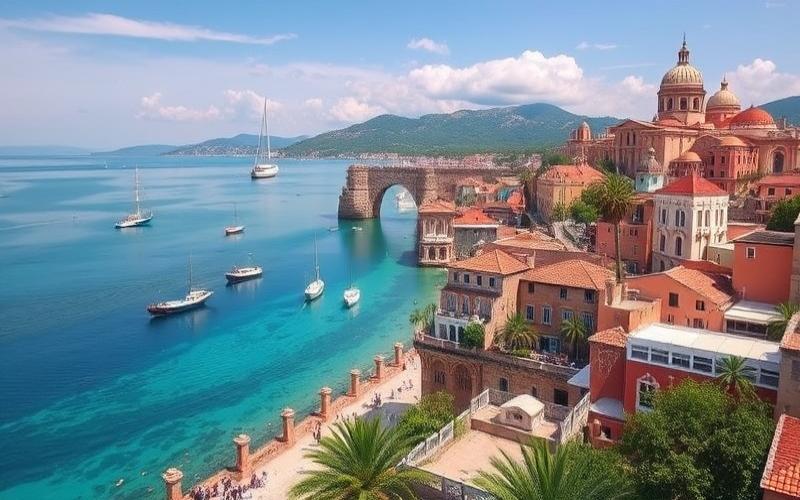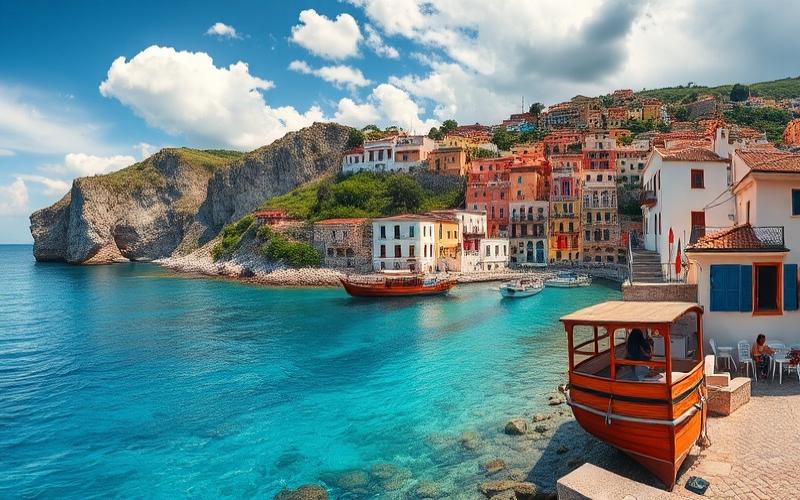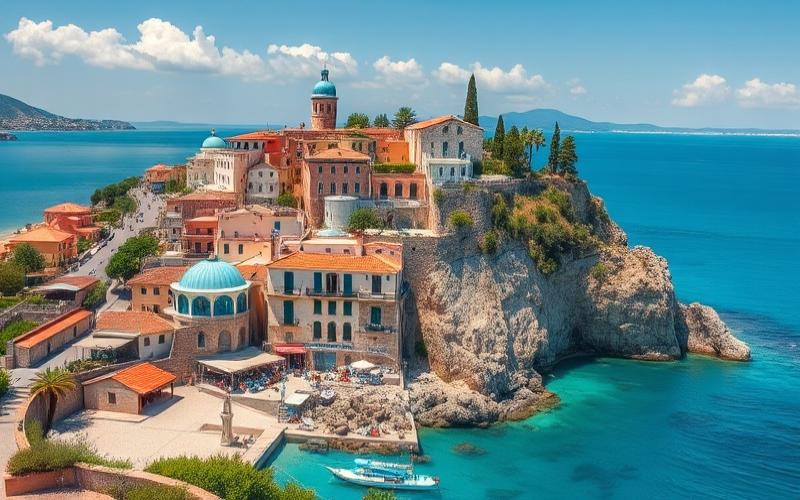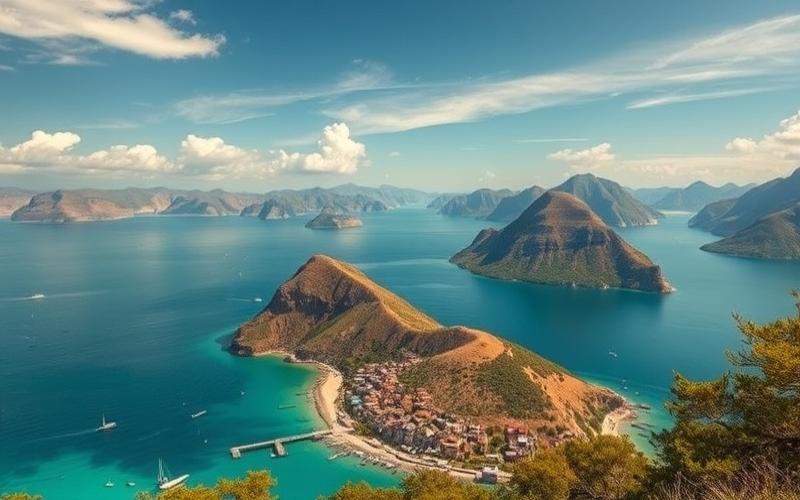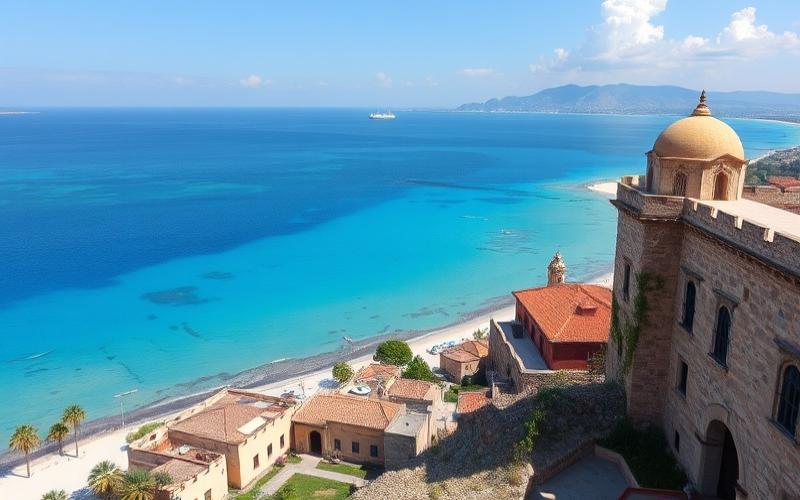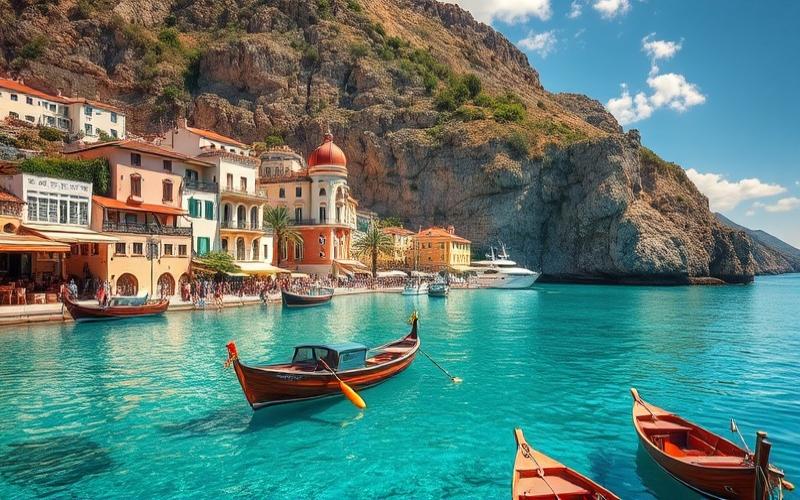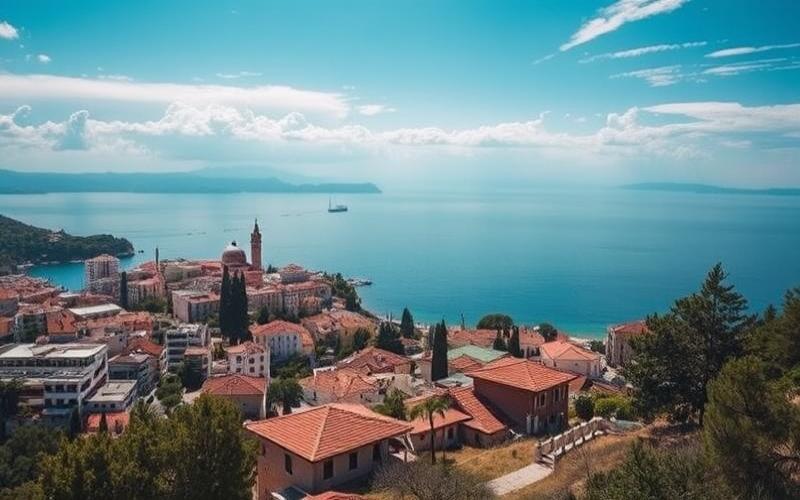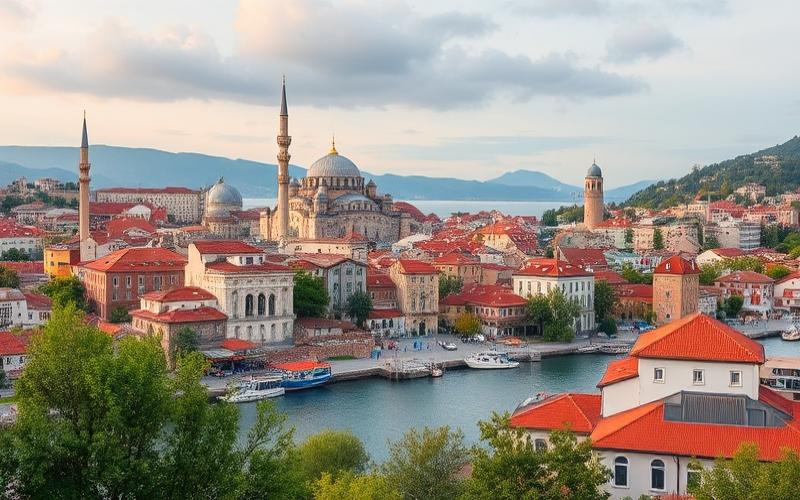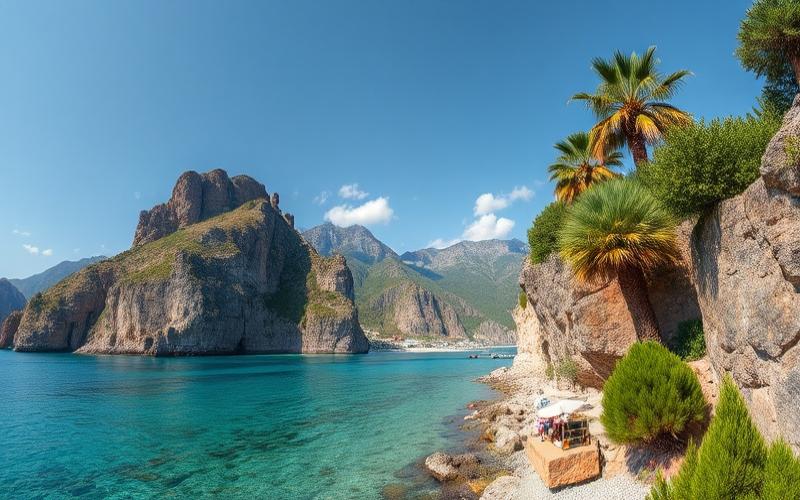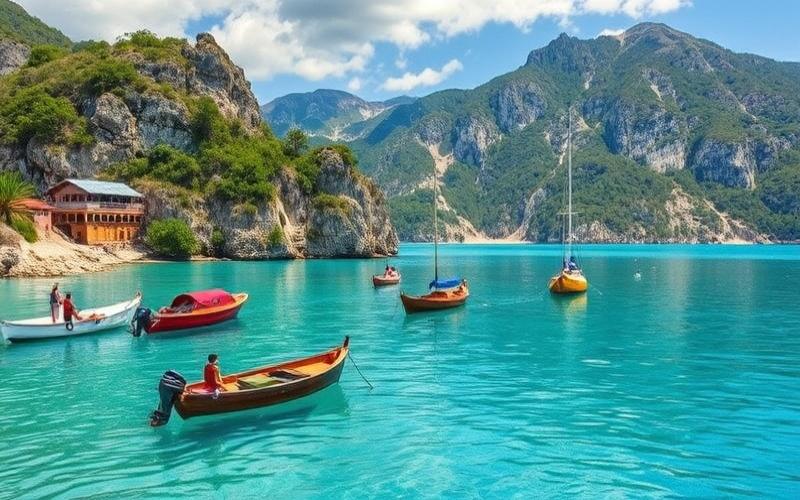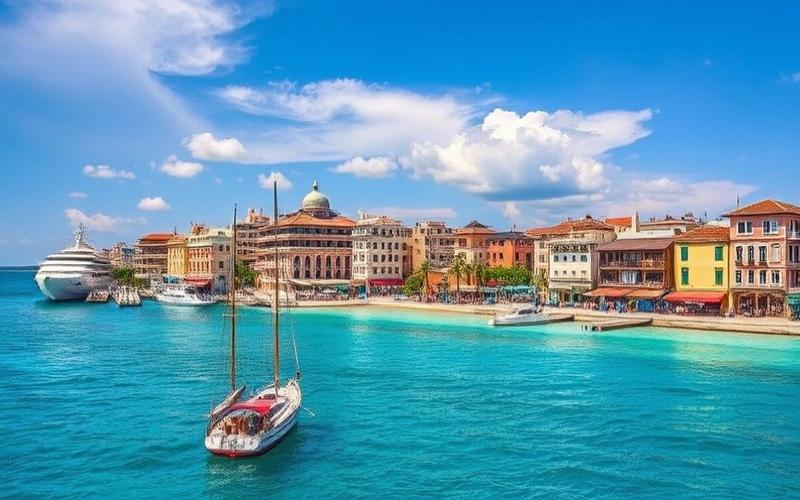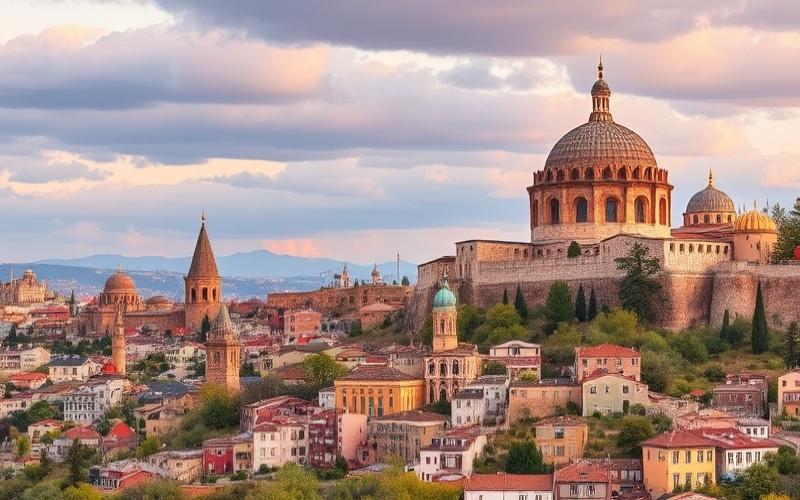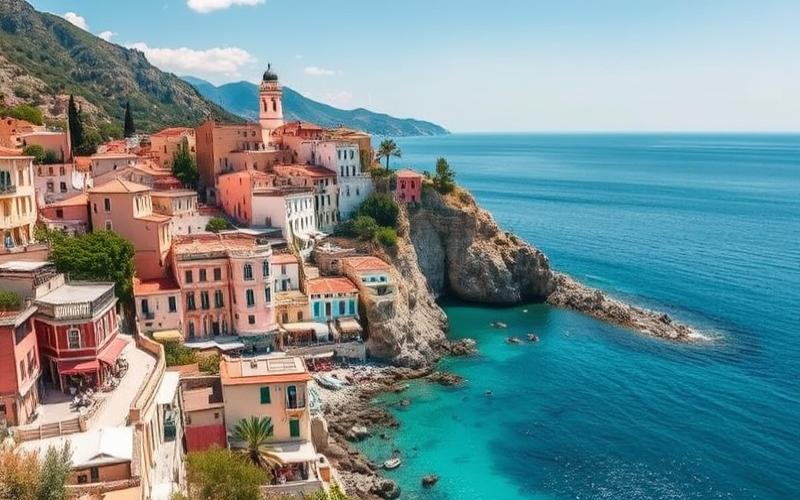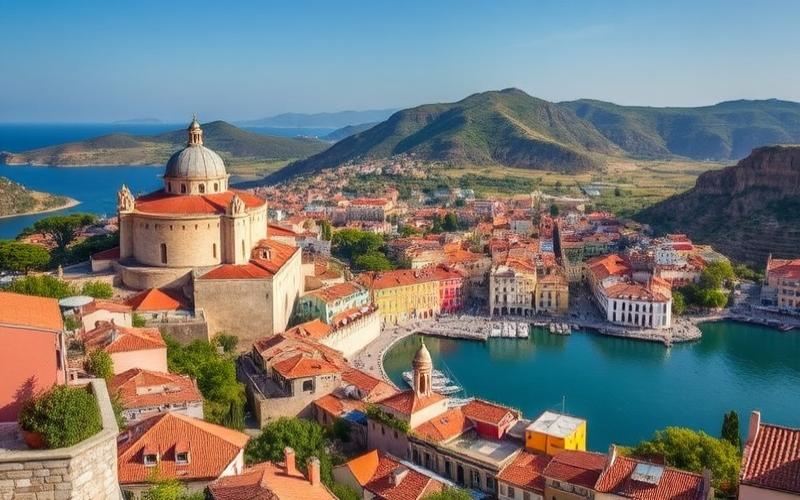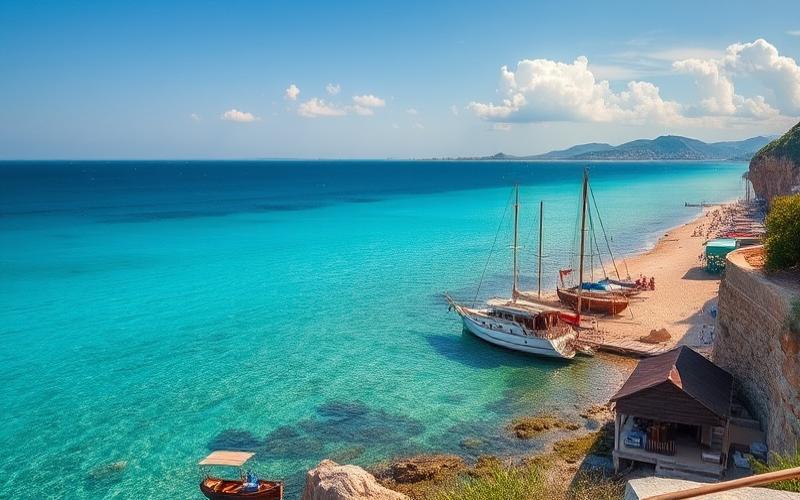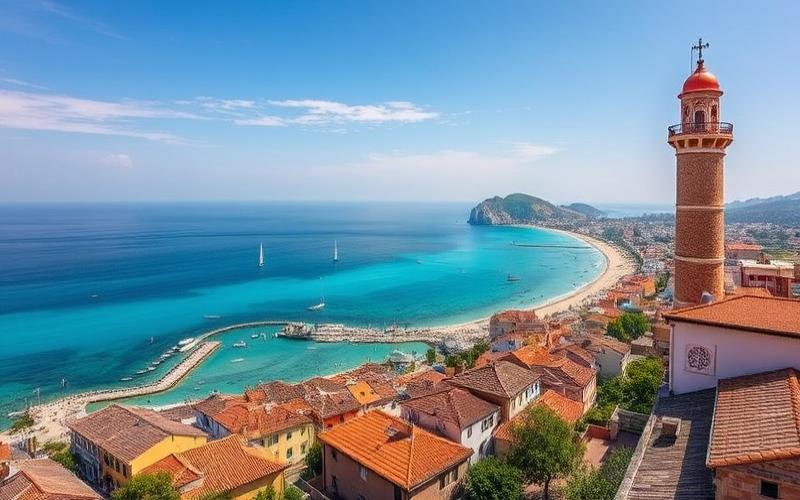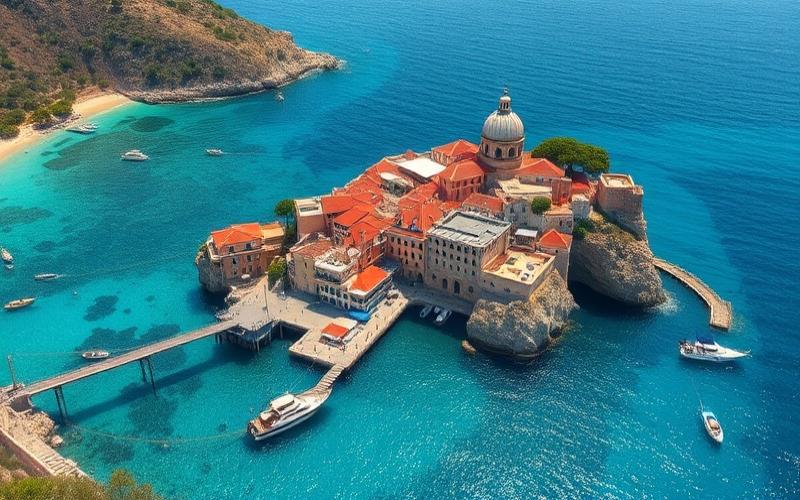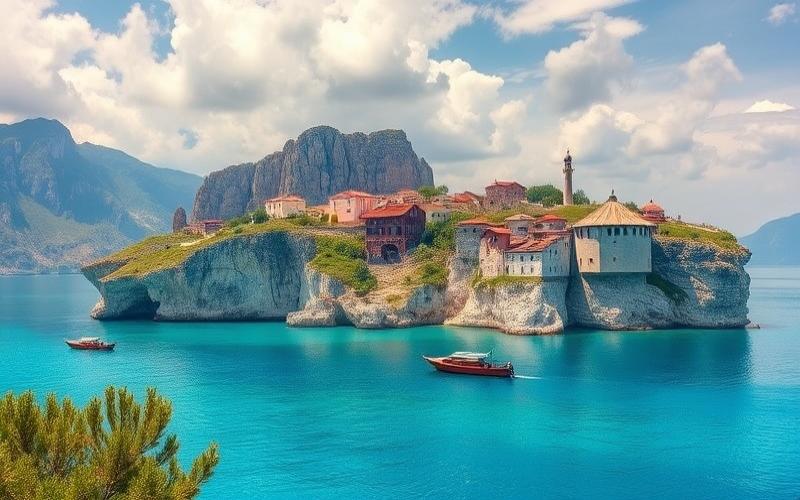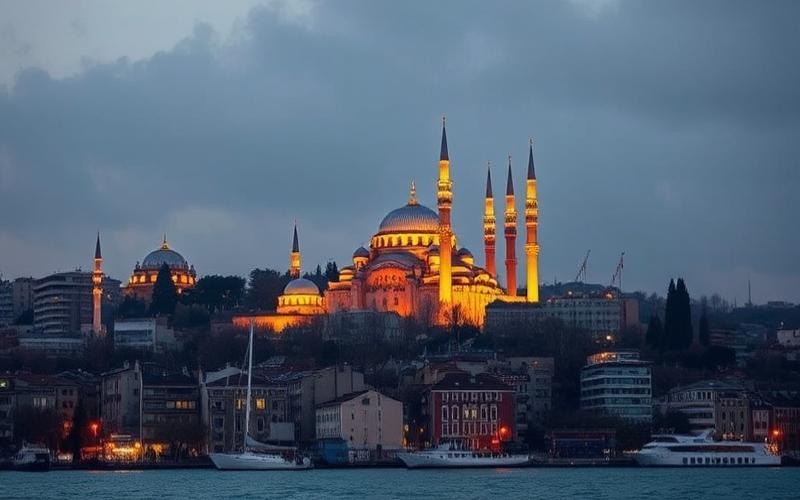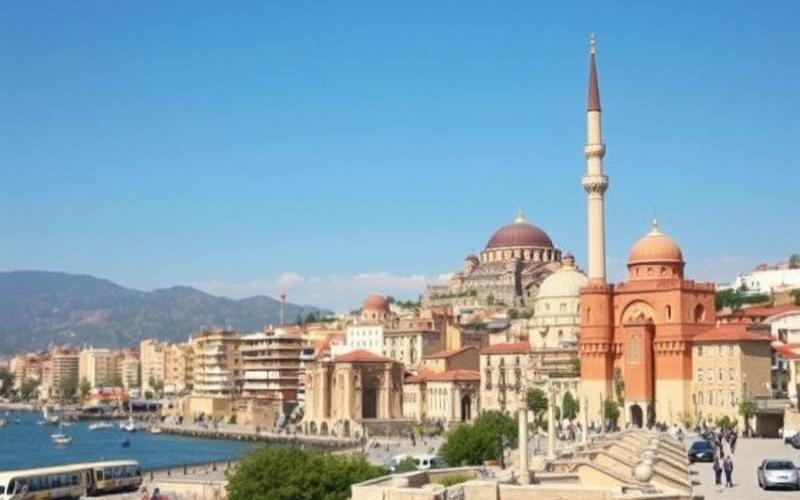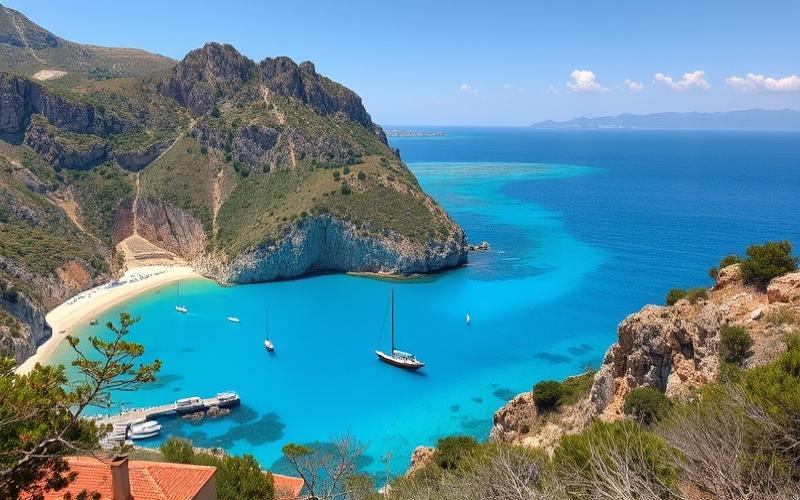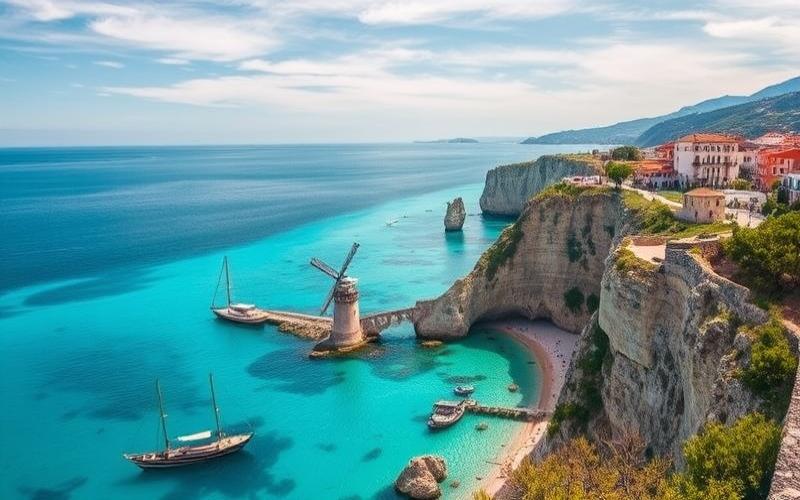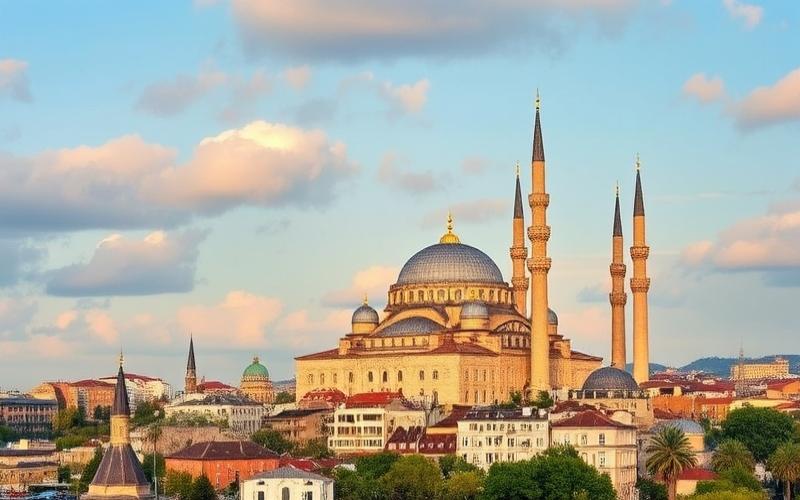
 Published on and written by Cyril Jarnias
Published on and written by Cyril Jarnias
The LGBTQ+ community in Turkey operates within a complex environment, marked by a dynamic between tradition and modernity. Despite some legislative progress, such as the decriminalization of homosexuality since the 19th century, LGBTQ+ rights remain limited, often hindered by conservative policies and a sometimes hostile society.
Turkish activists courageously fight for visibility and equality, organizing events such as the Istanbul Pride March, which, despite obstacles, demonstrates the resilience and commitment of this community.
In this context, daily life for many LGBTQ+ individuals is often marked by challenges, but also by flourishing solidarity and creativity that are gradually transforming the country’s social landscape.
LGBTQ+ Rights in Turkey: An Overview of Laws and Regulations
Homosexuality has never been explicitly criminalized in Turkey, but the subject remains highly taboo in a predominantly Muslim and conservative society. The LGBTQ+ minority remained largely invisible until the 1970s, before facing intense repression after the 1980 military coup. Starting in the 1990s, the first organized movements formed to defend LGBTQ+ rights, with the creation of associations such as Lambdaistanbul and Kaos GL.
List of Key Historical Milestones:
- 1970s: First public demands and organization of the movement.
- 1988: Amendment allowing transgender individuals to change their gender marker on official records under medical conditions (with sterilization requirement).
- 1994: Official creation of Kaos GL, the first Turkish NGO dedicated to LGBTQ+ rights.
- 2005–2006: Obtaining official status for Kaos GL and Lambdaistanbul.
- 2004: Aborted attempt to include prohibition of discrimination based on sexual orientation in national legislation.
Summary Table of Current Laws Affecting LGBTQ+ Individuals:
| Area | Current Legal Status | Details / Restrictions |
|---|---|---|
| Homosexuality | Legal | Never explicitly prohibited |
| Same-sex marriage | Illegal | Not recognized by law |
| Adoption (LGBT couples) | Prohibited | No legal access to joint adoption |
| Legal gender change | Permitted (transgender) | Under medical condition + sterilization |
| Military service | Discriminatory | Gay men often exempted for “psychosexual disorder”; humiliating procedure |
| Protection against workplace discrimination | Absent | No national legislation specifically protecting against this form of discrimination |
There are currently no specific legal protections in Turkey against discrimination based on sexual orientation or gender identity in public or professional domains. Parliamentary attempts to establish these protections have systematically failed or been withdrawn under political pressure. Furthermore, no legal recognition is granted to same-sex couples in family matters (marriage, adoption).
Recent Legal Challenges Include:
- Increasing restrictions on Pride marches and pro-LGBTQ+ public events, often banned by administrative decision in the name of maintaining “public order.”
- Frequent use of general articles on “morality” to justify censorship or hinder the functioning of LGBTQ+ associations.
Positive Developments:
- Official association status for several activist organizations since 2005.
Notable Regressions:
- Increase since 2015/2016 in administrative bans targeting public gatherings related to the LGBT cause.
Impact of Local/International Organizations:
NGOs like Kaos GL or Lambdaistanbul play a central role in legal documentation, victim support, and public awareness. Their actions have enabled some media and international visibility; they collaborate with Amnesty International and ILGA-Europe to draw attention to persistent violations.
Synthesized List – Civil Society & Social Movements Impact:
- Annual mobilizations despite regular bans
- Systematic documentation by activist networks
- Increased international pressure via Amnesty/ILGA reports
- Gradual emergence of public debate despite taboos
Turkish civil society remains divided but dynamic: although facing growing institutional hostility, local activists and international supporters keep alive a social movement that is slowly helping to change mindsets and legal frameworks—despite the current absence of substantial legislative progress.
The complete lack of legal protection still exposes many LGBTQ+ individuals in Turkey to real risks: physical/symbolic violence, social/professional exclusion with no specific legal recourse available.
Good to Know:
LGBTQ+ rights in Turkey remain limited, despite a history of discriminatory regulations dating back several decades. Marriage and adoption for same-sex couples are not legally recognized, and there are no specific protections against workplace discrimination for LGBTQ+ individuals. Mandatory military service for men often requires gay men to undergo humiliating tests to prove their orientation to be exempt. In recent years, the situation has worsened with increased crackdowns on LGBTQ+ demonstrations, despite mobilization by civil society and efforts by local and international human rights organizations to promote equality. Occasional progress, such as court decisions overturning certain bans, shows resistance in the face of adversity and reflects the crucial role of social movements in defending LGBTQ+ rights in Turkey, although formal government support remains largely absent.
LGBTQ+ Communities in Turkey: Challenges and Solidarities
LGBTQ+ communities in Turkey face major challenges, both legally and socially, characterized by persistent discrimination, increasing restrictions on visibility, and obstacles to acceptance in society.
Main Challenges Faced:
Legal and Social Discrimination:
- Homosexuality is not criminalized, but anti-discrimination laws remain poorly enforced in practice.
- Frequent arbitrary arrests during gatherings or simple public expressions of LGBTQ+ identity.
- Gender minorities, particularly transgender individuals, experience strong police violence and harassment to force them out of certain neighborhoods.
- Turkish society remains largely macho, associating homosexuality with negative stereotypes and marginalizing LGBTQ+ individuals.
- Difficult access to employment, housing, and healthcare for LGBTQ+ individuals, especially intersex or transgender persons.
Obstacles to Visibility and Social Acceptance:
- Systematic bans on Pride marches and other LGBTQ+ public events since 2015, with arrests and prosecutions against organizers and participants.
- Closure of university LGBTQ+ clubs and repression of any form of public mobilization.
- Stigmatization in media and daily life, fueled by hostile political and religious campaigns.
| Challenge | Concrete Manifestation |
|---|---|
| Institutional discrimination | Non-enforcement of anti-discrimination laws, absence of legal recognition for couples |
| Police repression | Arrests during gatherings, violence towards transgender individuals |
| Invisibilization | Ban on marches, closure of associations and university clubs |
| Social stigmatization | Difficulty finding employment, housing, or accessing healthcare |
Recent Legislative and Political Developments:
- Since the 2016 coup attempt, the state of emergency has reinforced repression against all forms of dissent, including LGBTQ+ movements.
- Authorities have intensified bans on LGBTQ+ events and arrests of activists, while anti-LGBTQ+ political campaigns have multiplied.
- Massive anti-LGBTQ+ rallies have been organized with support from NGOs close to the government and political representatives, illustrating a rise in institutional hostility.
Mobilizations and Solidarity Initiatives:
- Despite repression, a dynamic network of associations persists, particularly in Istanbul, where organizations like KAOS GL, Lambdaistanbul, and SPoD continue to defend LGBTQ+ rights.
- Awareness campaigns, often relayed on social media, aim to denounce violence and support victims.
- Pride marches, even when banned, lead to spontaneous gatherings and visibility actions, sometimes in the form of flash mobs or online events.
- LGBTQ+ communities also mobilize during other social struggles (for example, the Gezi Park mobilization in 2013 marked a turning point in the visibility of the LGBTQ+ movement in Turkey).
Examples of Local Voices and Testimonials:
“It’s a topsy-turvy world. Everyone knows perfectly well that it’s LGBT people who have always been mistreated in this country, but no one wants them to be the victims.”
— Yildiz Tar, journalist and activist
“We are criminalized for existing and for gathering, but we will continue to fight for our rights, despite bans and violence.”
— Anonymous activist, Istanbul Pride
Examples of Initiatives and Associations:
- KAOS GL: Pioneer organization in defending LGBTQ+ rights and publishing reports on discrimination.
- Lambdaistanbul: Istanbul-based association, legal and psychological support, organization of cultural events.
- SPoD (Social Policies, Gender Identity and Sexual Orientation Studies Association): Social support, awareness campaigns, political advocacy.
Collective Actions with Positive Impact:
- Mobilization during Pride events, even under threat of arrest, enabling international media coverage of the difficulties faced.
- Creation of solidarity networks to help individuals victimized by violence or discrimination.
- Active participation in human rights defense campaigns, in connection with other Turkish social movements.
Sidebar: Testimonial from a Transgender Individual
“89% of transgender individuals report having experienced police violence during custody. Despite this, there are artists like Zeki Müren and Bülent Ersoy who have contributed to making gender diversity at least partially accepted in Turkish society.”
All these challenges do not prevent the existence of a resilient and inventive LGBTQ+ scene, which fights for visibility, dignity, and equality despite growing adversity.
Good to Know:
In Turkey, LGBTQ+ communities face significant challenges such as legal and social discrimination, reinforced by restrictive laws and a often hostile political climate. Visibility and social acceptance remain major obstacles, exacerbated by recent measures that have restricted LGBTQ+ rights. For example, the cancellation of the Istanbul Pride March in 2023 illustrates these setbacks. Nevertheless, solidarity and support movements are developing, thanks to the efforts of local associations like Kaos GL and SPoD, which organize awareness campaigns and legal assistance services. Local activists, such as Demet Demir, continue to advocate for LGBTQ+ rights, emphasizing the importance of collective mobilization and the resilience demonstrated by these communities through creative initiatives and underground support networks. Their work contributes to slowly increasing social acceptance, strengthening essential community bonds in the face of persistent discrimination.
LGBTQ+ Expatriates Seeking Freedom and Safety
Many members of the LGBTQ+ community are leaving Turkey hoping to find a freer and safer life abroad. This trend is explained by the combination of legal, societal, and security factors that make daily life difficult, even dangerous, for these individuals.
Main Reasons for LGBTQ+ Individuals Leaving Turkey:
- Growing Legal Repression: Recent proposed laws aim to restrict transgender rights, criminalize public expression of LGBTQ+ identity, and impose strict medical conditions for gender transition (raising minimum age to 21, sterilization requirement, lengthy medical procedures controlled by the state).
- Criminalization of LGBTQ+ Expressions and Events: Demonstrations like Pride Marches have been banned since 2015, symbolic same-sex ceremonies could be punished with up to four years in prison.
- Institutionalized Hate Speech: Authorities are multiplying stigmatizing discourse, labeling the LGBTQ+ community as a “scourge” and targeting it within initiatives such as the “Year of the Family.”
- Violence and Harassment: LGBTQ+ individuals face assaults, arbitrary arrests, and growing social exclusion, including from their own families.
Countries and Regions Considered More Welcoming for LGBTQ+ Expatriates:
| Country/Region | Main Advantages for LGBTQ+ Expatriates |
|---|---|
| Germany | Marriage recognition, legal protection against discrimination, active LGBTQ+ community |
| Netherlands | Full family rights, asylum policy for LGBTQ+ persecution |
| Canada | Marriage legality, specific programs for LGBTQ+ refugees, strong social inclusion |
| Spain | Wide social acceptance, advanced legislation on trans and gay rights |
| Sweden | Favorable asylum policies, institutional support for LGBTQ+ migrants |
Testimonials and Stories from Turkish LGBTQ+ Expatriates:
- Murat, 29, refugee in Berlin: “I lived in constant fear of being reported at work or to my family. In Germany, I was able to join a Turkish LGBTQ+ association, and it’s the first time I feel free to be myself. But exile remains painful because I’m far from my loved ones.”
- Deniz, trans woman, settled in Amsterdam: “Transition was impossible for me in Turkey due to medical conditions and social rejection. Here, I’ve been able to access healthcare and psychological support, but loneliness and the language barrier are difficult to overcome.”
Challenges and Obstacles Encountered During Migration:
- Lengthy and uncertain asylum procedures, need to prove specific persecution related to orientation or gender identity.
- Cultural and linguistic integration difficulties, social isolation.
- Persistent discrimination even in host countries, particularly within certain diasporas.
- Break with family or original social network.
Impact of Emigration on the LGBTQ+ Community Remaining in Turkey:
- Weakening of local activist networks, loss of experienced leaders and activists.
- Increased feeling of isolation for those who remain, with more limited access to positive role models or resources.
- On the other hand, the diaspora plays a relay role, by raising international awareness and providing financial or moral support to Turkish associations.
International Support Organizations and Networks:
- ILGA World: advocacy, legal support, networking.
- Rainbow Railroad: assistance relocating persecuted LGBTQ+ individuals.
- Kaos GL (based in Turkey but with international links): documentation, psychological support, asylum assistance.
- ORAM – Organization for Refuge, Asylum and Migration: support for LGBTQ+ migrants.
- Turkish LGBTQ+ associations in diaspora (Germany, Netherlands, France): community support, integration assistance, cultural events.
The quest for freedom and safety pushes a generation of Turkish LGBTQ+ exiles to reinvent themselves elsewhere, but the human cost of this exile is heavy, both for individuals and for the community remaining in the country.
Good to Know:
Many members of the Turkish LGBTQ+ community choose to leave Turkey due to restrictive laws, social discrimination, and threats to their safety, seeking refuge in countries like the Netherlands, Canada, or Germany, where human rights and legal protections are better established. Expatriate testimonials reveal the challenges related to migration and integration, although the quest for freedom and safety often justifies the difficulties encountered. This emigration sometimes weakens local activism efforts, but international organizations like ILGA or the International Gay and Lesbian Human Rights Commission play a crucial role by providing essential support for these transitions.
Disclaimer: The information provided on this website is for informational purposes only and does not constitute financial, legal, or professional advice. We encourage you to consult qualified experts before making any investment, real estate, or expatriation decisions. Although we strive to maintain up-to-date and accurate information, we do not guarantee the completeness, accuracy, or timeliness of the proposed content. As investment and expatriation involve risks, we disclaim any liability for potential losses or damages arising from the use of this site. Your use of this site confirms your acceptance of these terms and your understanding of the associated risks.


